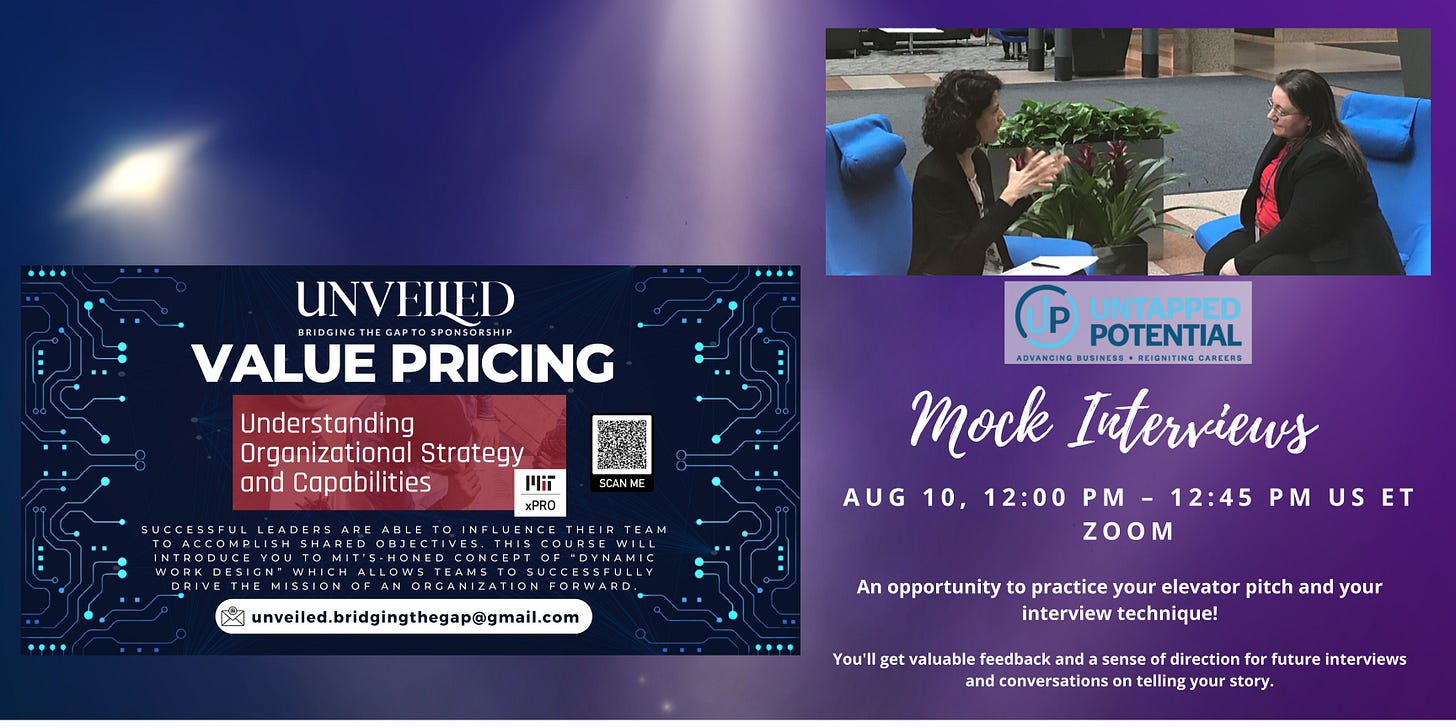Meritocracy is one of the most persistent illusions in the human mind.
Did you watch ‘Emily in Paris’? Have you noticed the underlying storyline? Let’s make it simple:
Emily’s boss, an industry expert featured in prestigious articles, has received her long-awaited promotion to lead the acquired French company in Paris. She gets pregnant, which apparently is a perfectly good reason in today’s day and age, to forego the promotion and give it to her direct report instead…at least a double promotion for someone who does not have the experience, the required skill set of speaking French, and from her initial post with 48 followers, it doesn’t appear she is great at her current job of social brand manager either.
Now that’s probably one of the worst case scenarios if you happen to be similarly or more experienced than Emily in that organization, had more success metrics than 48 followers, and also happen to be fluent in French. But you didn’t have the right people to advocate for you.
A perfect meritocracy assumes perfect information about all qualified candidates’ performance and talent, and perfect intentions to hire the best talent. In reality, much like the notion of perfect capital markets and the “invisible hand” in economics, the notion of a perfect meritocracy- or even an almost perfect meritocracy- is a myth.
1.) All qualified candidates are rarely seriously under consideration.
2.) Even if all qualified candidates are being considered in theory, only a select few (or one) have someone who advocates for them in the room.
3.) Decision-makers rarely have the incentive or the intention to look beyond candidates being advocated for, even if the best talent is elsewhere.
Your accomplishments don’t speak for themselves - they are the point of entry for you to put your hat in the ring for a job, hoping that it gives someone the credibility to advocate for you. But qualification, talent, and past performance do not automatically translate to advocacy. You have to cultivate the relationship with those potential advocates because the higher up you go, the more rare it will become for you to be tapped for THE exciting project, or that promotion, purely because you are a star at your job.
Experience, talent, and performance are the entry ticket into the arena. Networking and sponsorship give you the seat you want.







